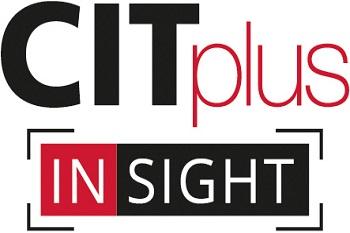Gene Mutations for Type 2 Diabetes Discovered
04.03.2014 -
Scientists have uncovered gene mutations that slash the risk of Type 2 diabetes regardless of age and weight, offering drugmakers a novel target to combat one of the major health threats confronting the modern world, reports the news agency Bloomberg.
The research, funded in part by Pfizer, may give the New York-based drugmaker a wedge into a diabetes market that generated $42.4 billion in 2012. A drug mimicking the mutations would provide a unique way to hold the disease at bay, the researchers said in a report in the journal Nature Genetics. While current therapy slows the disease, patients eventually worsen and many need insulin shots.
According to Tim Rolph, Pfizer's chief scientific officer of cardiovascular, metabolic and endocrine research, the study provides "important new insights into the pathogenesis of diabetes, potentially leading to the discovery of drug targets, which may result in a novel medicine."
The researchers studied the genomes of older people with excess weight, prime targets for Type 2 diabetes who nonetheless had normal blood-sugar levels. Focusing on the SLC30A8 gene, known to affect diabetes risk.
Finally, they used advanced genetic sequencing to search the genomes of 150,000 people in the United States, Iceland, Sweden and Finland and were able to identify a dozen variations that blocked the gene's function.
Those who inherited just one copy of the damaged gene had a 65% lower risk of diabetes, the study found.
The protein that typically comes from the gene is critical in the production of insulin by the beta cells found in the pancreas. The researchers still aren't sure exactly why or how the mutations provide protection.
"Human genetics is not just a tool for understanding biology," said David Altshuler, deputy director and chief academic officer at the Broad Institute and a professor at Harvard Medical School. "It can also powerfully inform drug discovery by addressing one of the most challenging and important questions - knowing which targets to go after."
The research was a five-year collaboration between researchers at the Broad Institute, Massachusetts General Hospital, Pfizer and Lund University Diabetes Center in Sweden. The National Institutes of Health, the Doris Duke Charitable Foundation and other organizations also helped fund the research.











